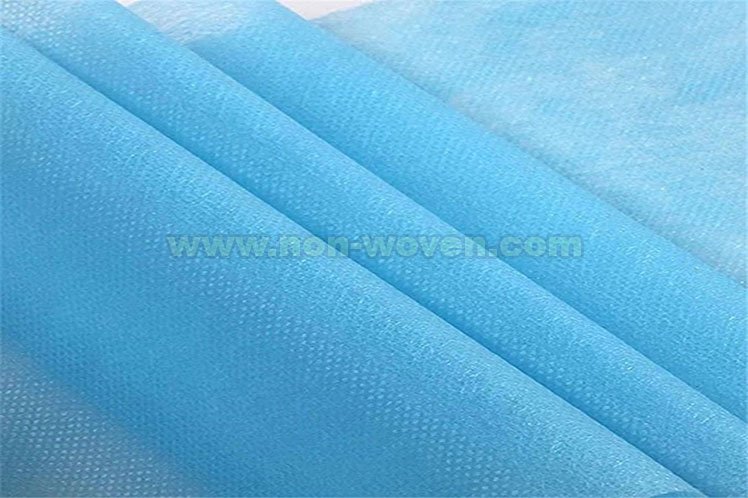Nonwoven fabric has emerged as a game-changer in the textile industry, revolutionizing the way we think about textiles. With its unique manufacturing process and versatile properties, nonwoven fabric has found widespread applications across various sectors. This LinkedIn post aims to shed light on the significance of nonwoven fabric in the textile industry and its transformative impact on textile innovations.

Nonwoven Fabric: A Manufacturing Marvel

Nonwoven fabric, unlike traditional woven or knitted fabrics, is produced by bonding or interlocking fibers together using mechanical, thermal, or chemical processes. This innovative manufacturing technique eliminates the need for weaving or knitting, allowing for faster production and cost-effective manufacturing. Nonwoven fabrics can be made from a variety of fibers, such as polyester, polypropylene, or natural fibers like cotton or bamboo, providing a wide range of options for different applications.
Versatility Unleashed: Applications in Various Sectors

The versatility of nonwoven fabric has paved the way for its extensive use in numerous sectors within the textile industry. In the medical sector, nonwoven fabric is used for surgical gowns, face masks, and wound dressings due to its excellent barrier properties and breathability. In the automotive industry, it is utilized for interior upholstery, insulation, and filtration applications. Nonwoven fabric also finds applications in geotextiles for erosion control and soil stabilization, as well as in the agriculture sector for crop protection and packaging.
Moreover, nonwoven fabric has gained popularity in the hygiene industry for baby diapers, adult incontinence products, and feminine hygiene products due to its softness, absorbency, and disposability. Additionally, it is used in the construction industry for roofing membranes, insulation, and soundproofing materials. The versatility of nonwoven fabric has even extended to the fashion and apparel industry, where it is employed for interlinings, shoe linings, and accessories.
Sustainable Solutions: Environmental Benefits

Nonwoven fabric has become a key player in the pursuit of sustainable solutions within the textile industry. The manufacturing process of nonwoven fabric requires fewer resources compared to traditional woven fabrics, resulting in reduced energy consumption and water usage. Additionally, nonwoven fabric can be engineered to be recyclable and biodegradable, contributing to the circular economy and reducing environmental impact.
Furthermore, nonwoven fabric’s lightweight nature and high strength-to-weight ratio enable fuel efficiency during transportation, reducing carbon emissions. Its durability and long lifespan also contribute to waste reduction by offering products with extended usability.
Driving Textile Innovations
The advent of nonwoven fabric has sparked a wave of textile innovations. Its unique properties and manufacturing process have opened doors for the development of advanced functional textiles. Nonwoven fabrics can be engineered to possess specific characteristics such as flame resistance, antimicrobial properties, moisture management, and filtration capabilities. This has led to the creation of high-performance textiles for industries ranging from healthcare to sports.
Moreover, the ability to incorporate additives, such as nanoparticles or microcapsules, into nonwoven fabrics has enabled the development of smart textiles. These textiles can respond to external stimuli, monitor vital signs, or provide controlled release of substances, opening up new possibilities in wearable technology and healthcare applications.
Conclusion:
Nonwoven fabric has revolutionized the textile industry with its manufacturing marvel, versatility, sustainability, and role in driving textile innovations. As the demand for sustainable and innovative textile solutions continues to grow, nonwoven fabric is poised to play an even more significant role in shaping the future of the textile industry. It offers endless possibilities for creating functional, eco-friendly, and high-performance textiles that cater to diverse industries and consumer needs. Embracing nonwoven fabric opens doors to a new era of textile innovations and reinforces our commitment to a more sustainable and technologically advanced future.

